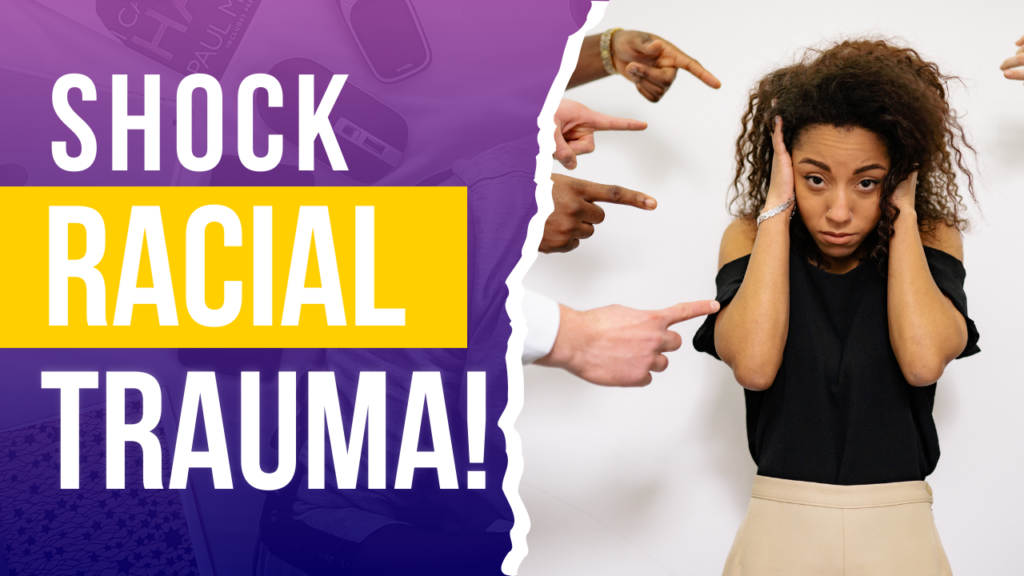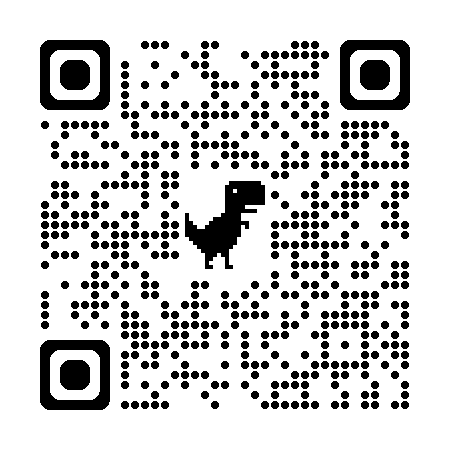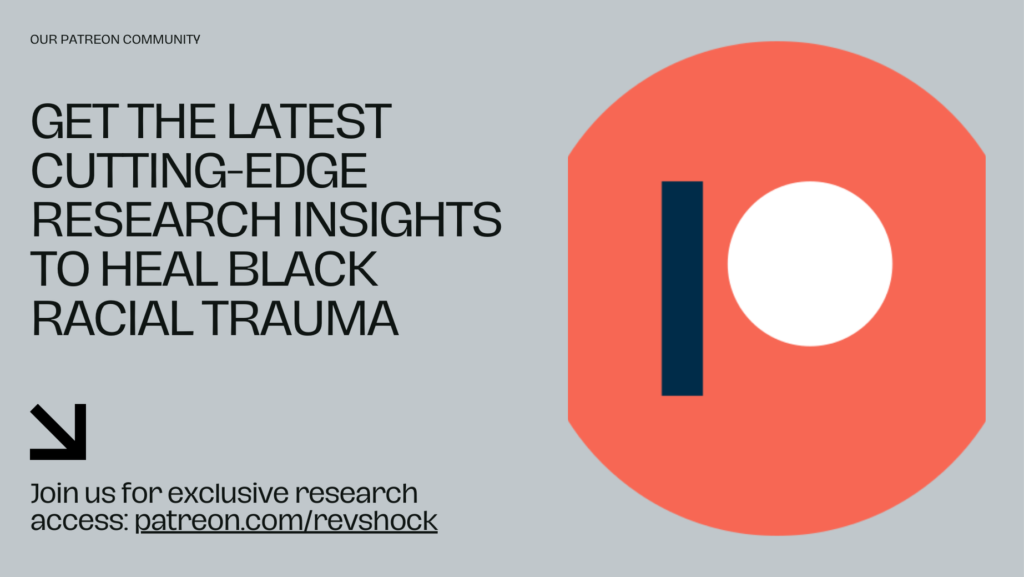
Powered By BlackTraumaGPT.com
Researched and Curated By Rev. Dr. Philippe SHOCK Matthews
(Black Trauma and Mental Health Specialist | Prompt Eng | GPT Dev | Research Scientist | Africana Phenomenologist | Black AI Corsortim co-Founder | Black Mental Health Podcast Host)
In our previous installment, we explored the scientific foundations of trauma echo, including its biological and neurological mechanisms. Now, we turn our attention to how trauma echo manifests in our closest relationships and community connections, examining the complex web of interpersonal transmission that allows trauma to persist across generations.
The family unit serves as the primary conductor of trauma echo, creating patterns that can persist for generations. This transmission occurs through multiple channels: verbal and non-verbal communication, parenting styles, attachment patterns, and even the subtle ways family members react to stress and conflict. A parent who experienced severe trauma might develop hypervigilant protective behaviors, unknowingly passing on their heightened sense of danger to their children through their daily interactions and responses.
Consider a mother who survived domestic violence. Even years later, her trauma might echo in the way she tenses up during arguments, in her approach to conflict resolution, or in the implicit messages she sends about trust and safety in relationships. Her children, picking up on these subtle cues, might internalize these responses without ever knowing their origin, developing their own anxiety around conflict or struggles with intimate relationships.
The mechanism of family transmission often operates through what psychologists call “attachment patterns.” Early relationships with caregivers create templates for how we expect relationships to work throughout our lives. When these caregivers are processing their own trauma, their ability to provide consistent, secure attachment might be compromised, creating ripple effects that influence their children’s future relationships and parenting styles.
Community transmission of trauma echo operates on a broader scale but follows similar principles. Communities that have experienced collective trauma—whether through natural disasters, violence, or systematic oppression—often develop shared coping mechanisms and protective behaviors that become woven into the cultural fabric. These collective responses can be adaptive in the face of genuine threat but may persist long after the immediate danger has passed, influencing community members’ worldviews and behaviors across generations.
The role of storytelling and narrative in trauma echo cannot be overstated. Families and communities pass down stories that carry both explicit and implicit messages about safety, trust, and survival. These narratives shape how subsequent generations understand themselves and their place in the world. Sometimes, the most powerful stories are the ones left untold—the silences and gaps in family histories that nevertheless echo through generations.
Cultural practices and traditions often carry the imprint of historical trauma. These might manifest as protective behaviors that made sense in past contexts but continue to influence community members’ choices and opportunities in the present. Understanding these cultural echoes is crucial for developing culturally sensitive approaches to healing that honor both the wisdom and the wounds carried forward through generations.
The social networks through which trauma echo travels are not limited to family and community. Educational systems, religious institutions, and other social structures can either amplify or help heal trauma echoes. These institutions often unconsciously perpetuate trauma patterns through their policies and practices, making systemic awareness and change crucial for breaking cycles of trauma.
Perhaps most significantly, the interpersonal dimension of trauma echo reveals how healing, too, must occur in relationship. While individual therapy and self-work are valuable, lasting transformation often requires addressing the relational contexts in which trauma echoes persist. This might involve family therapy, community healing practices, or broader social change initiatives that address the systemic perpetuation of trauma.
Understanding the interpersonal dimension of trauma echo also highlights the importance of creating safe spaces for healing within families and communities. These spaces allow people to examine and gradually transform their inherited patterns, developing new ways of relating that don’t carry forward the echoes of past trauma.
As we look toward healing interpersonal trauma echoes, several key approaches emerge:
- Developing awareness of inherited patterns
- Creating safe spaces for open dialogue about family and community history
- Building skills for healthy attachment and relationship patterns
- Engaging in collective healing practices that address shared trauma
- Supporting systemic changes that prevent the perpetuation of trauma
In our next installment, we’ll explore how trauma echo manifests in cultural and societal contexts, examining how historical traumas continue to shape social systems and institutions. We’ll look at how understanding these broader patterns is crucial for creating meaningful social change and healing at a collective level.
Previous Installment: Part 1 explored the scientific foundations of trauma echo, including epigenetics and neurobiology.
———————
Brought To You By…

If nothing is wrong with you and something happened to you…are you ready to find out what to do about it? Shock Trauma Spiritual Counseling Discovery Call | BlackTraumaGPT.com: Beginner’s User Guide | Programming chatGPT for Black Self Mental Health, Trauma, and Healing.
May These Words Of Power Inspire You To Greatness!
Nothing Is Wrong With Black People…Something Happened to Black People by The Metaphysical Morpheus
— AVAILABLE ON SPOTIFY, ITUNES & APPLE MUSIC, AMAZON MUSIC and IHEARTRADIO ♫.
———————

“I just completed a brief session with ChatGPT-Black Trauma. Wow! The responses I got were soooooo helpfu!.” — John Jackson (Patreon Member)
At BlackTraumaGPT.com, we aim to foster healing, understanding, and empowerment within Black communities by providing culturally sensitive education, insights, and mental health resources. We aim to deepen the collective awareness of Black trauma’s historical roots and its contemporary manifestations while guiding individuals and communities toward paths of self-care, resilience, and holistic healing. By leveraging the wisdom of Africana phenomenology and the expertise of Black scholars, we support the transformation of trauma into strength, encouraging collective growth and thriving.
IT’S TIME TO BREAK BLACK TRAUMA! Heal Thyself @ BlackTraumaGPT.com http://blacktraumagpt.com/ ASK THE QUESTION(S)!
———————
Get Social with Doc SHOCK:
PATREON | ABOUT DR. SHOCK | FLY SOLO | ACADEMIC BIO | BLOG | BLACK TRAUMA PODCAST | ENDORSEMENT | THREADS | IG | FB PAGE | PRIVATE GROUP | X | LINKEDIN | TIKTOK | PINTEREST | BLACK TRAUMA GPT | BLACK AI CONSORTIUM | BOOKS BY DOC SHOCK

